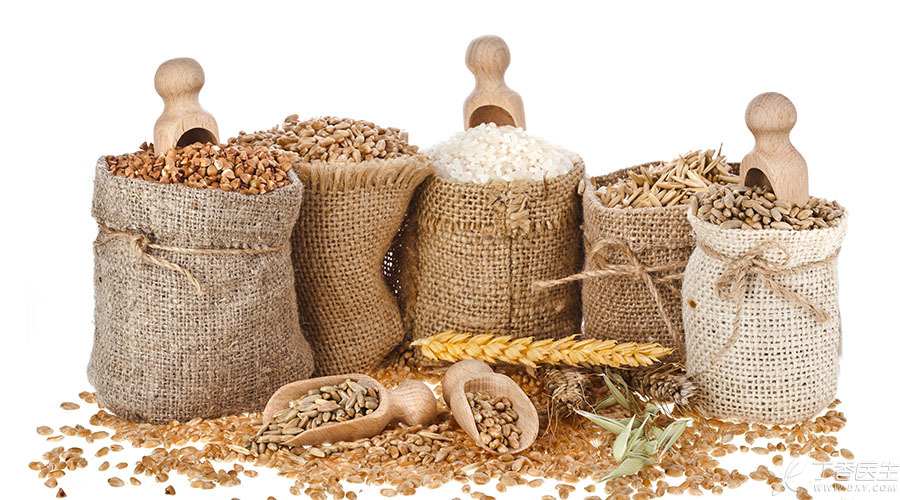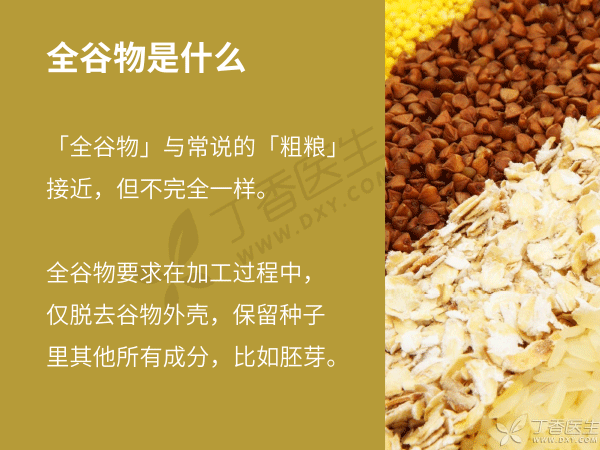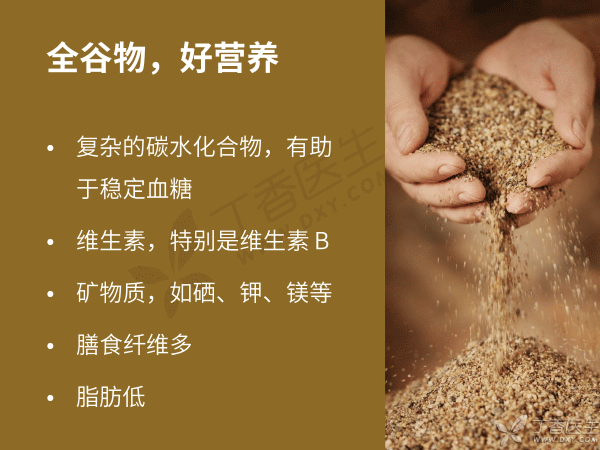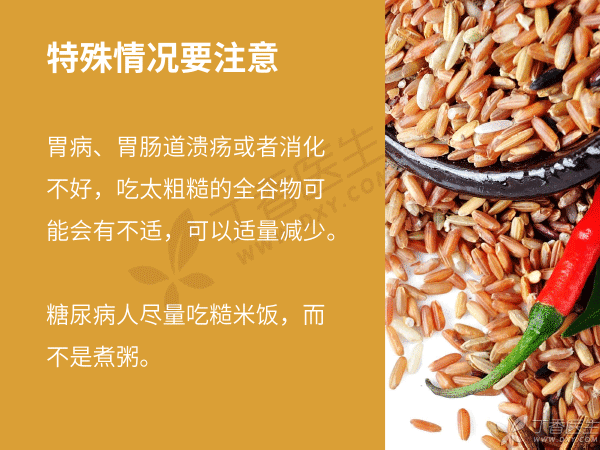
There is no soil in the wheat line for thousands of miles.
Even mountains and clouds grow millet.
Water seedlings continue to grow and many crops grow.
Keel Long Dry Hanging Beam Carnaum
-Wang Anshi < < Later Yuan Fengxing > >
The wheat fields full of mountains and valleys are churning with golden waves, stretching for thousands of miles and connected with the sky. The rice in the paddy fields is green and endless.
Now, in this era of gluttonous meals, various kinds of grain are gradually replaced by refined rice and white flour, fading out of people’s dining tables. However, more and more people who advocate health begin to say [return to basics], one of which is to eat less flour and rice.
Whole grain, can it really prolong life?
In June this year, the American Heart Association (AHA) and currently the most authoritative academic journal in the field of cardiovascular health, Circulation, published a study.
A research team from Harvard University’s School of Public Health studied the relationship between whole grains and health and finally showed that eating whole grains can prolong life span.
The study collected data on more than 780,000 people from 1970 to 2010, and the results confirmed that:
Eating 16 g of whole grain per day reduced the mortality rate by 7%, the mortality rate from cardiovascular diseases by 9%, and the mortality rate from cancer by 5%.
The more whole grains you eat, the more significant the impact on your health. Eating 48 g of whole grains per day reduced the mortality rate by 20%, the mortality rate from cardiovascular diseases by 25%, and the mortality rate from cancer by 14%.
Similarly, in January this year, BMJ, a magazine of the “Four Heavenly Kings” in the medical field, also published a paper on whole grains, confirming that eating 90 grams of whole grains a day can reduce the risks of coronary heart disease, cardiovascular disease and stroke, as well as the mortality rate caused by tumors, diabetes, respiratory diseases and infectious diseases.
Why can whole grains reduce mortality?
At present, there are many theories on this issue, and it may also be the combined action of many substances, which has produced positive results on health.
Whole grains contain a variety of bioactive substances, as well as more vitamins and trace elements, which are beneficial to health.
Dietary fiber in whole grains may reduce cholesterol and help control blood sugar.
Whole grains can also produce satiety, which is very helpful for losing weight and controlling weight.
How should I eat whole grains?
Having said so many advantages, is [whole grain] what? How do you eat every day? Dr. Clove has prepared 6 pictures for you. Just look at these!






